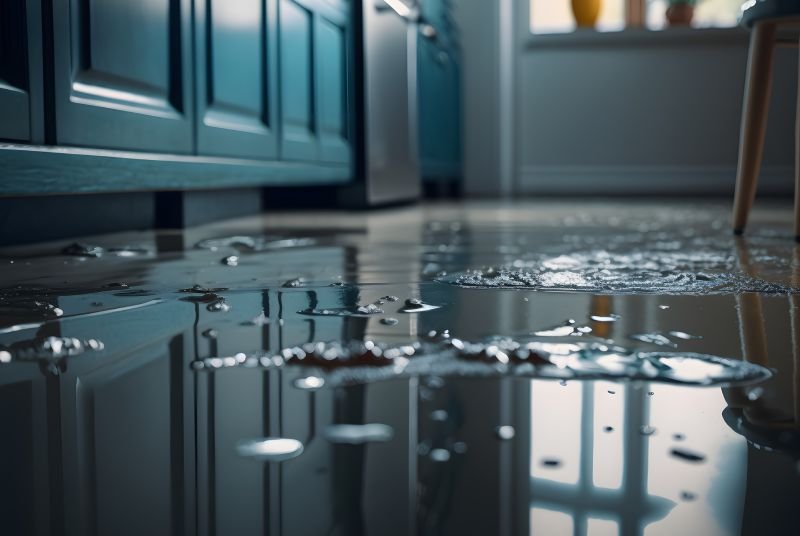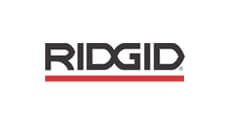How to Inspect Plumbing for Damage

You use your home’s plumbing system every day. Which means keeping it in top working condition is in your best interest. Inspecting your plumbing system regularly is a great way to ensure everything is working as it should. Plus, you may be able to identify potential issues before they turn into larger, more disruptive problems. Whether you want to inspect your plumbing system yourself or you’ve scheduled routine maintenance with a professional, it’s important to know how to properly inspect your plumbing.
What is a Plumbing Inspection?
A plumbing inspection is a comprehensive look at all the elements that make up your plumbing system. This includes:
- Indoor and outdoor pipes, including sewage lines and supply lines
- Hose bibs in the laundry room, and any that are outdoors
- Bathtubs and sinks
- Showers and faucets
- Water heaters
- Toilets
Unless you have experience in the plumbing industry, we strongly recommend hiring a professional to conduct a plumbing inspection. They know what to look for and how to spot any potential red flags with your plumbing system. You should always get a professional plumbing inspection when you’re buying a home, if you’re selling your home, and if you want to prevent expensive plumbing emergencies.
The Plumbing Inspection Checklist
Your certified plumber will perform an inspection, and here is what is included in a typical plumbing inspection checklist:
- Inspect valves, water heater, pipes, and drains for any leaks or damage.
- Take photos of everything and accompany the photos with detailed notes.
- Identify any areas of concern that need repairing, and work with the client to schedule the repairs.
- Provide the client with any professional recommendations that could improve the lifespan of their plumbing system.
- Conclude the inspection with a signed inspection certification for the client.
During the inspection your plumber will address the following:
- Thoroughly check for any water damage around your fixtures
- Examine underneath sinks for any signs of damage
- Unclog any slow drains
- Drain your water heater to remove the sediment that has formed in the tank
- Clean your gutters to avoid clogs
- Check your toilet for any loose parts
- Examine your ceilings and walls for any signs of water leaks
If you haven’t already, we recommend scheduling an initial plumbing inspection to get a sense of the overall health and performance of your plumbing. For more information about keeping your plumbing system healthy and working efficiently, or if you have any questions about purchasing new plumbing supplies, please contact our team at Crosstown Plumbing today and visit our website at: https://www.crosstownplumbing.com/








